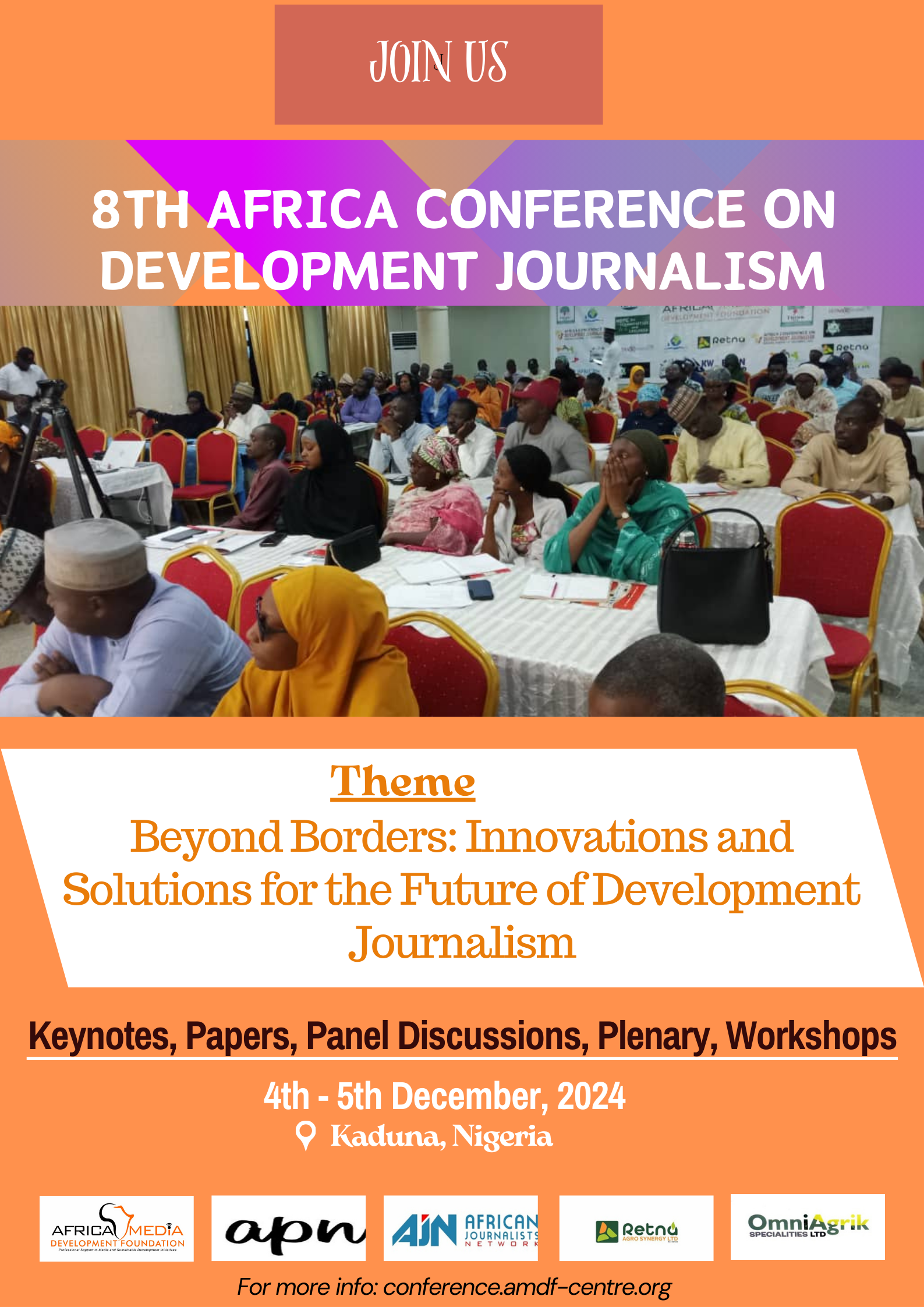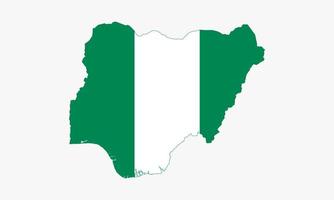By Bassey Udo
At a critical juncture when Nigeria’s back is against the wall, the impending reinvigoration of the Ministry of Finance Incorporated, MOFI, comes as the brightest illumination and a rare vista of hope for sustainable recovery.
Last week, the inaugural board of directors and executive management team for the MOFI were constituted by the Federal Government, more than 64 years after its incorporation. The MOFI was incorporated under the provisions of Sections 2 and 3 of the Ministry of Finance Incorporated, MOFI, Act of 1959 as an asset holding company under the Federal Ministry of Finance.
Its mandate as the sole manager of all Federal Government investment interests, estates, easements and rights positioned it as a strategic institution to support the Federal Government’s effort to address its myriad of economic challenges and spur a renewal of the economy.
Over the decades of its existence, MOFI, by virtue of the provisions of its enabling Act, should be in charge of the management of a significant portfolio of Federal Government investments, spanning a wide range of about 130 asset classifications, including Government Owned Entities, GOEs, and Government Linked Companies, GLCs, in which it controls a majority stake in more than half of them.
Sadly, the majority of these assets in its portfolio are currently categorised as underperforming or moribund, reflecting the ugly face of the current parlous state of the country’s economy, with revenue and cash-flow declining at an alarming rate below expectations.
Although the country’s economy is reputed to be the largest in Africa, accounting for about $440 billion, or 17 percent of the continent’s annual gross domestic products, GDP, it remains almost perpetually vulnerable to the shocks from the booms and bursts of global oil politics. The country’s overarching dependence on crude oil exports as its major source of income and economic sustenance has continued to be a source of growing existential worry for the government.
The Minister of Finance, Budget, and National Planning, Zainab Ahmed, said recently during the presentation of the 2023 budget details in Abuja that government was exploring ways to continue to diversify the country’s economic base as well as generate more revenue to support budget implementation. The move to revitalise the MOFI is one of the minister’s initiatives to continue to drive reforms in the economy as part of her Strategic Revenue Growth Initiative, SRGI, which is focused on finding new ways of diversifying and increasing government revenues.
The Permanent, Secretary of Finance, Aliyu Ahmed, who is the Chairman of the Technical Committee for the restructuring of MOFI, also shares the vision of the new investment vehicle for the government. As a result of ongoing sabotage and vandalism of oil facilities, as well as massive crude oil theft, oil production fell by another 11.8 per cent in the second quarter of 2022, following a drop of approximately 26 per cent in the previous quarter.
Despite the fact that oil and gas constitute a paltry six per cent of the country’s aggregate value of goods and services, more than 76 per cent of the revenue the government relies on to fund the provision of critical socio-economic services in the economy, comes from this sector. With declining revenues and a spiraling double digit inflation rate in recent years, the government has consistently struggled to stay afloat, managing to contend with the pressures of debilitating macroeconomic and fiscal challenges.
These challenges are underlined by huge deficits in annual budgets and rapidly growing domestic and foreign debt portfolios, which the Debt Management Office, DMO, says is currently hovering around N75 trillion. As of 2021, the country’s balance of trade stood at about N1.98 trillion in deficit.
This is expected to increase significantly to approximately N 9.51 trillion by 2025. With poverty assuming a multi-dimensional status, and the recent National Bureau of Statistics, NBS, report saying more than 133 million of the country’s estimated 206 million population, affected, government is definitely racing against time to explore alternative revenue generating special purpose vehicles to drive recovery and sustainability.
One of such vehicles appears to be MOFI. A recent study revealed that the limited and below par performance of most government owned assets was a result of MOFI’s operational structure as a passive custodian, rather than an active manager and investor in these assets under its portfolio. This passive stance, the report said, made value creation and performance tracking difficult.
The recent constitution of the board and management of MOFI suggests government is now ready to reinvent the agency into a more active vehicle of economic transformation, to significantly improve the performances of these moribund GOEs and GLCs, drive value creation from all its investments, catalyze growth in priority sectors, and ultimately, generate additional revenue for the nation.
The study has associated MOFI’s vision with the drive to become a world-class active investment vehicle capable of creating wealth for generations, contributing to the development and overall growth of the Nigerian economy. The document, which highlights the strategic blueprint for reinvigorating MOFI, defines the highway to travel over the next ten years, to grow the value of the assets under its management portfolio to a minimum of N100 trillion by 2032, and realize a minimum average return on equity of 25 percent per annum.
The projection from the study is that an active MOFI, that lives up to its mandate and vision, could play a significant role in mobilizing the resources to finance more than 10 percent of Nigeria’s annual budget, increase GDP by a minimum of $30 billion, and provide anchor funds to catalyze growth in priority sectors in line with the government’s 2021–2025 National Development Plan.
As President Muhammadu Buhari is set to inaugurate the newly constituted inaugural board and management of MOFI, its newly appointed Chief Executive Officer, Armstrong Takang, is optimistic that a lot of opportunities beckon for it to take advantage of, to support the growth of the economy and its diversification away from crude oil.
There are several foreign investors around the world out there willing and ready to come to Nigeria to invest and do business, considering the huge potentials in different sectors of the country’s economy, if only they can see a credible institution they can entrust with their investment ideas, dreams, and aspirations.
There is a need for an institution whose mandate, governance structures, processes, and capacity are considered credible enough to partner with the public and private sectors to mobilise, structure, and deploy investment capital in priority sectors of the economy on behalf of the Federal Government. That is where MOFI comes in. Our governance structure, organisational capacity, and management principles align with globally accepted standards and principles, particularly in terms of the ethics of transparency and accountability.
Udo, a public affairs analyst, wrote from Abuja





